FHA Guidelines
Buying a home can be daunting, which is why it helps to be as informed as possible. Learn all about the FHA loan process and what it takes to get approved.
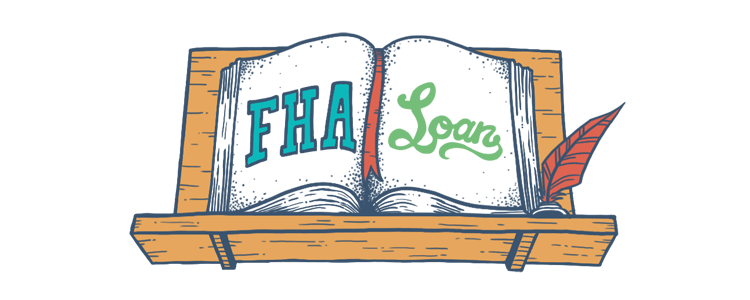
An FHA loan is insured by the Federal Housing Administration. It comes with low down payments for borrowers and protects lenders from financial risk if the borrower defaults on the loan. Lenders have to meet certain criteria for their mortgages to be termed "FHA-approved," and borrowers must also satisfy a number of requirements to qualify for one of these loans.
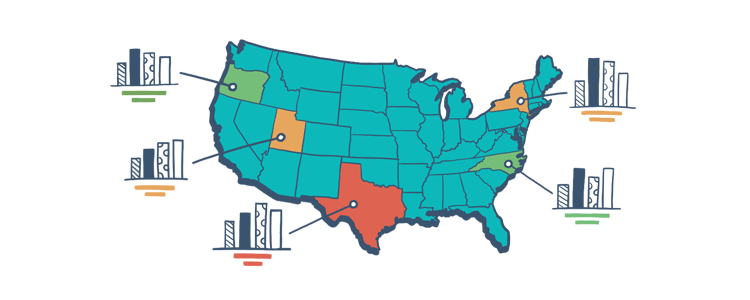
The FHA has a maximum loan amount that it will insure, based on county and the property size. These caps, known as the FHA Lending Limits, are updated annually and are influenced by the conventional loan limits set by Fannie Mae and Freddie Mac. FHA loan limits for single-family homes in 2025 range from $524,225 to $1,209,750.
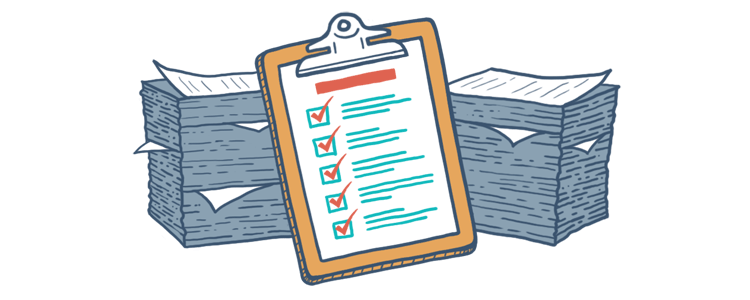
A big selling point for FHA loans is the low credit score requirement. Homebuyers with insufficient credit histories, who find it difficult to qualify for conventional loans with higher minimums, can more easily meet the FHA's minimum credit requirement of a 580 FICO score. Learn about what goes into the make-up of you credit score, and how you can work to increase it.
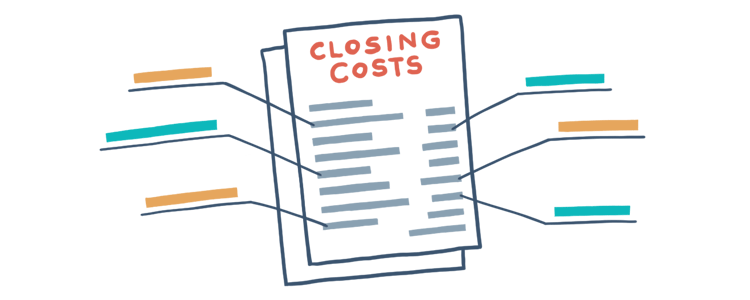
As with any mortgage, you'll incur some fees that need to be paid at the closing of your home loan. These charges are collectively called closing costs and they typically amount to 3% of the loan amount. FHA closing costs encompass all the fees and charges owed at the closing of a mortgage, such as appraisal fees, inspection fees, deposit verification fees, and home inspection fees.
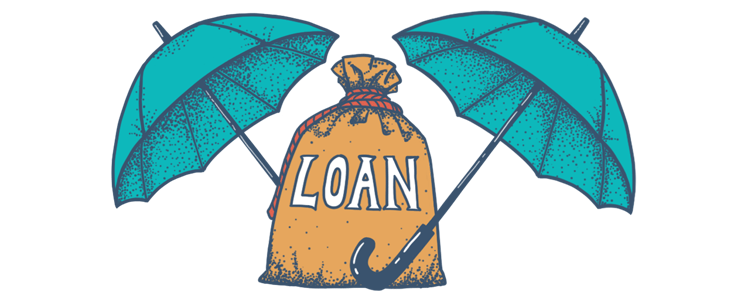
In order to continue backing home loans, the FHA collects a monthly Mortgage Insurance Premium. These funds are used to protect the lenders—in that case that FHA borrowers default on their mortgages—and to fund the agency itself. Homebuyers with an FHA loan pay an Upfront Mortgage Insurance Premium, as well as the Monthly Mortgage Insurance Premium.
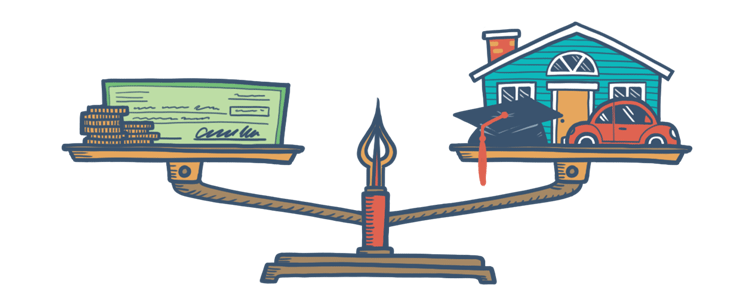
It's important that the FHA ensures that borrowers are not signing up for mortgages they cannot reasonably afford, which is why it is mandated that all potential homebuyers' debt-to-income ratios fall within certain set maximums. This helps lower the number of foreclosures since borrowers aren't bound to a mortgage they cannot afford.

FHA Loan Articles
July 30, 2021The FHA Streamline Refinance allows mortgage holders to refinance their home loan without going through the process of second appraisal. Since this is a step that was completed with the first FHA mortgage, the FHA waives it for the refinance
July 14, 2021Making the decision to buy a house is a big one, followed by the choice of which house to buy. The next biggest decision you make is going to be the type of home loan you need to go through with the purchase. One option for financing your home is an FHA loan.
June 25, 2021Most first-time homebuyers decide on purchasing a home at least a year in advance, sometimes even a couple of years ahead of time. The earlier you make a decision to buy a home, the more time you have to save up for your down payment.
June 8, 2021While an FHA home loan is a good option for first-time homebuyers who don’t have enough money saved for a large down payment, it’s important to understand the ins and outs of the FHA guidelines, and what it takes to get approved as a borrower.
May 8, 2021With a new waiver in place, Dreamers have access to affordable FHA home loans designed for first-time homebuyers. There is no discrepancy in the FHA’s eligibility requirements when it comes to DACA status holders applying for an FHA-backed mortgage. They must meet all the same criteria.
April 30, 2021Buying a house is overwhelming to begin with. Make it a seller’s market, and buyers become even more nervous. Supply of real estate has been low for most of 2021, in part because of the Coronavirus pandemic and the historically low interest rates since 2019.







